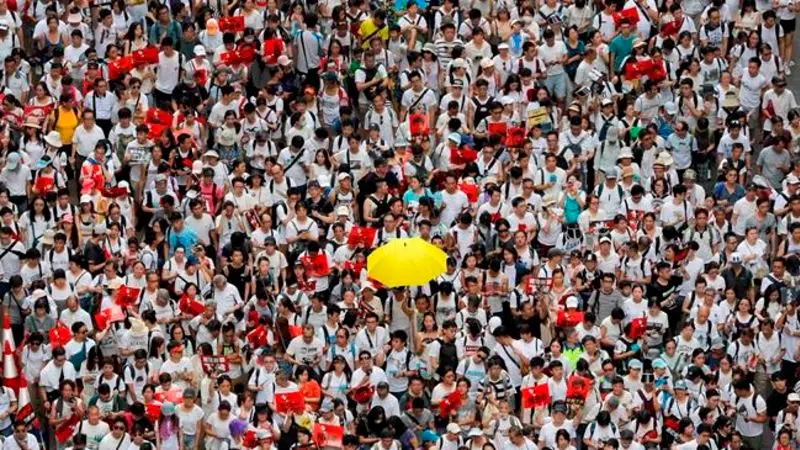
Canadians in Hong Kong worried for neighbours as protests roil former colony
As mass protests in Hong Kong grab headlines around the world, expatriate Canadians living in the former British colony say the demonstrations have been intense — and are raising fresh concerns about the territory’s future.
Three expatriates made it clear Friday they are deeply concerned for Hong Kong’s stressed-out population, even though their personal safety has not been put at risk.
“The mood right now in Hong Kong is tense and people are emotionally overwrought,” said Andrew Work, who lived and worked in Quebec, Ontario and British Columbia before moving to Hong Kong 23 years ago.
“They have very complex emotions because this all goes to the future of Hong Kong.”
